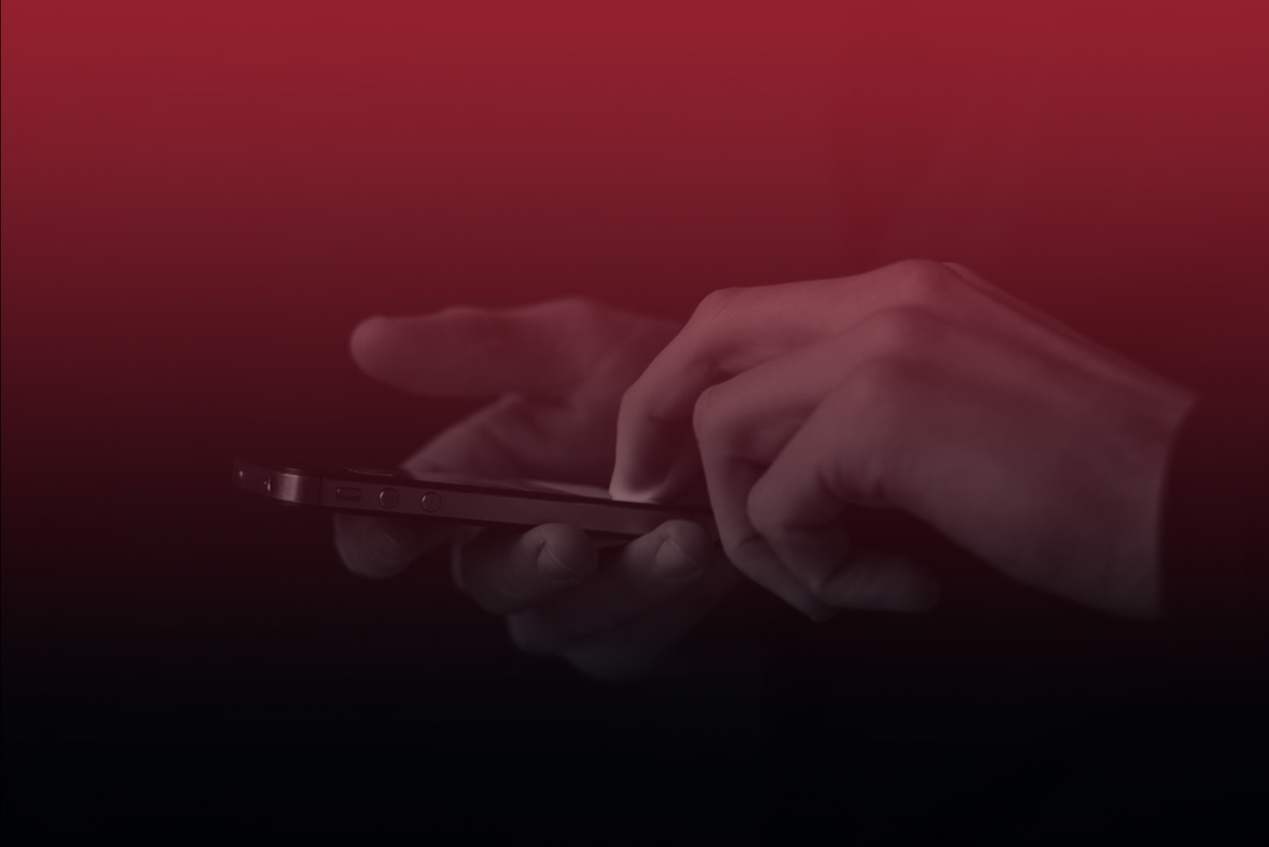The Apple Research Kit: What does it mean for clinical trials?

May 19, 2016
This is a guest blog from clincapture.com/blog. Developed by Clinovo, ClinCapture is the only validated electronic data capture software available for free.
Smartphones are ideal and convenient tools to collect data in fast-paced and dynamic environments, making them perfect for use in medical research. New mobile apps are being developed with ResearchKit, Apple’s open-source software framework that supports medical and health studies. Clinical trials, surveys, and studies of any size can be performed around the globe with objective data gathered directly through an iPhone or a synced wearable device. With the added ability to link with HealthKit, researchers can access relevant data for their studies, such as calorie counts, daily steps taken and heart rate. What if collected data could help doctors and scientists study and find treatments to diseases, such as asthma, breast cancer, diabetes and Parkinson’s? ResearchKit allows for researchers to recruit participants for studies that are not limited to small regions, demographics or populations.
Tracking Health Metrics and Triggers Lead to Better Treatment
Impacts on the evolution of clinical trials are visible through the apps that are being developed. The Asthma Health app from the Icahn School of Medicine at Mount Sinai is just one example.
The app helps its users track data such as weight, blood pressure, glucose levels and asthma inhaler use. All of the gathered data syncs with AppleHealth and displays the collected information on a comprehensive dashboard.
In addition to gathering that data for research use, the Asthma Health app is also designed to help patients by providing them with education and self-monitoring. The app essentially helps track symptom patterns and potential triggers for exacerbation. Researchers can then use this information to learn new ways to treat asthma, and patients can use this information to help predict and monitor their condition.
iPhones Take the Place of Office Visits for Around the Clock Monitoring
The mPower app, powered by ResearchKit, gives patients with Parkinson’s disease a mean of better tracking their coordination. The app can track the patient’s gait and finger dexterity (for example) throughout the day. Being able to identify dexterity trends with this kind of critical data tracking may help researchers better understand the disease. It may also contribute to finding new treatments.
In the past, doctors relied on measurements taken at the time of an office visit, which does not reflect the patient’s overall health throughout the course of the day. Now physicians will have access to continuous daily data and a range of factors in their patient’s life, to help them make better treatment and recovery plans.
ResearchKit Helps to Connect Trials and Participants
Participation in clinical trials and determining a patient’s eligibility have been a daunting task for both patients and health providers. Physicians are given clinical trial information on a regular basis, but it’s impossible for them to know about every trial that is taking place, and which of their patients may qualify for the study. Websites such as ClinicalTrials.gov are a good reference tool, but reading the fine print can hinder participation.
Clinical trials can now reach patients directly through a device that they almost always have on hand, their iPhone. Recruiting participants for studies make the recruitment field much larger, as over 2 billion people own smartphones.
It is always recommended that participants consult their physician, before beginning a clinical trial.
Iphone is not the only tool to gather data
With the recent popularity of wearable technology, patients have become more engaged with tracking their own health. Devices connected to smartphones such as watches (Apple Watch for instance), allow continuous data gathering without effort. They can track patients’ steps, sleep patterns and eating habits. An Android version of Apple’s ResearchKit, called ResearchStack, is under development. The first version came out April 15th 2016 so researchers can reach an even broader audience and so most devices can be compatible.
Should Patients Worry About Data Security?
Patient privacy is a huge concern in the healthcare industry. So how will collecting patient data from a smartphone affect patients’ privacy? Apple believes the transfer of data is secure through the apps as the data is sent anonymously when it leaves the phone. However, there are no traditional HIPAA documents to complete to create an app that gathers such data, so it is up to developers and researchers to closely follow federal privacy regulations. Patients’ privacy relies on the integrity of the institutions creating the apps and receiving the data. Some researchers and professors fear that this data will eventually end up in the hands of health insurances or drug companies that will use it for profit only. But so far, not only several features in the apps allow patients to control what information to share but also the app informs study participants about the scope of the study and the type of data that will be collected, to ensure a maximum transparency and privacy.
ResearchKit based apps are available on the App Store at appstore.com/researchkit





